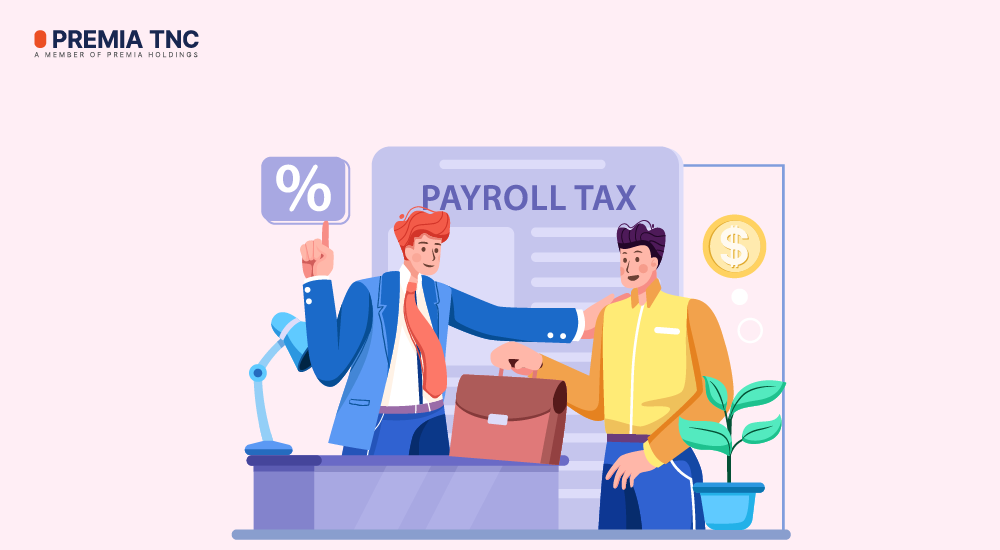Vietnam’s Personal Income Tax: What Foreign Entrepreneurs Should Consider

Vietnam’s rapidly growing economy and burgeoning entrepreneurial landscape present an appealing environment for foreign investors. However, navigating the local tax system, particularly personal income tax (PIT), is a crucial aspect that every foreign entrepreneur must understand.
Vietnam – Singapore: Partners for a New Era

The relationship between Vietnam and Singapore is one of the most vibrant and mutually advantageous in Southeast Asia. With both countries positioning themselves at the forefront of regional and global challenges, the strategic partnership is entering a new chapter.
Legal Framework for Energy Transition in Vietnam

The world is increasingly recognizing the urgency of transitioning to cleaner, more sustainable energy sources to mitigate the impacts of climate change
Pre-Launch Checklist for Foreign Businesses Entering the Vietnamese Market Introduction

Vietnam’s market has steadily emerged as one of the most dynamic and attractive destinations for foreign businesses. With a young, tech-savvy population, a robust economy, and strategic positioning within ASEAN, the country offers immense opportunities for growth and expansion.
The Relation Between ESG and Foreign Direct Investment Flows in Vietnam

The world of investment has evolved significantly over the past few decades. Among the key drivers of this transformation are the concepts of ESG—Environmental, Social, and Governance. These principles have gained prominence not only in corporate governance but also in shaping the patterns of foreign direct investment (FDI) flows across the globe.
What You Need to Know About Taxation for Foreign-Owned Businesses in Vietnam

Vietnam’s booming economy has attracted a surge of foreign investors seeking to tap into one of Southeast Asia’s most dynamic markets. As the government continues to open its doors to global businesses, understanding the complexities of Vietnam’s taxation system is essential for foreign-owned enterprises looking to thrive.
Mastering eCommerce Law in Vietnam: What You Need to Know to Stay Compliant

In recent years, Vietnam has become one of the fastest-growing markets for eCommerce in Southeast Asia. As businesses embrace the digital economy, understanding the intricate web of laws regulating online trade becomes essential.
Labor Costs and Human Resources Advantages When Establishing a Company in Vietnam

As Vietnam continues to experience rapid economic growth, it has positioned itself as an attractive destination for foreign investment. One of the key factors influencing business decisions when establishing a company in the country is the labor market, which offers a mix of competitive labor costs and an increasingly skilled workforce.
Vietnam’s Tax Policy: Tax Exemption When Investing in High-Tech Industries

Vietnam’s economic landscape is rapidly evolving, driven by innovation, infrastructure development, and a growing focus on high-tech industries. In recent years, the Vietnamese government has placed an emphasis on fostering technological advancements and creating an environment conducive to investment in high-tech sectors. One of the most significant initiatives to encourage foreign and domestic investment in this area is Vietnam’s tax exemption policy, which provides generous tax relief to investors who focus on high-tech industries.
Green Business Development: Opportunity for FDI Investors in Vietnam

Vietnam, one of Southeast Asia’s most dynamic economies, is rapidly emerging as a hub for green business development. As the world increasingly shifts towards sustainability, Vietnam is positioning itself as an attractive destination for Foreign Direct Investment (FDI), particularly in sectors that contribute to environmental preservation.


